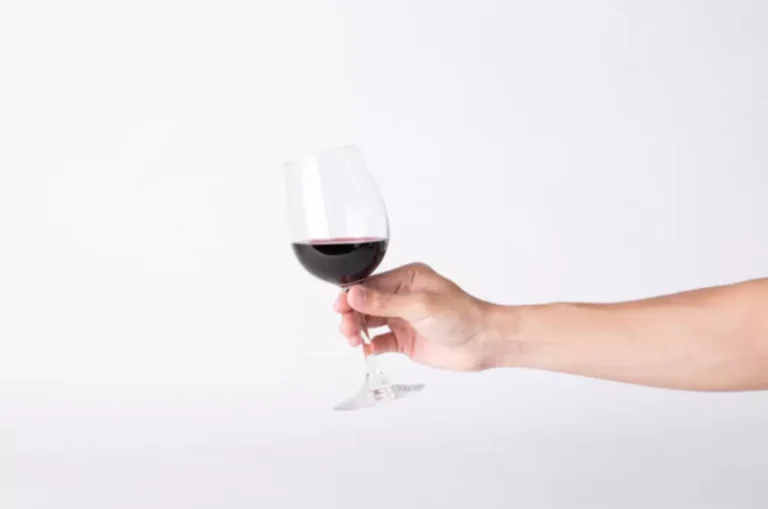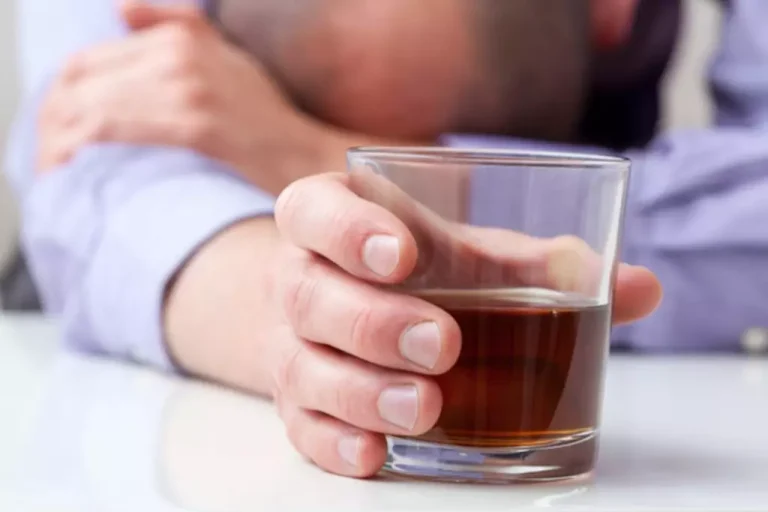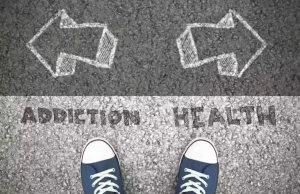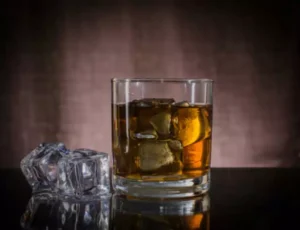
Terms such as anxiety, anxiety disorder, depression, mood disorder, tension, stress, stress disorder, and negative affect are used differently across disciplines and time. The relationships among these constructs can be conceptualized as a Venn diagram, with the shared spaces representing overlapping constructs. In these overlapping spaces, the greatest opportunities for integration across disciplines can be found. In this review, the term “negative affect” (i.e., negative hedonic tone and the biology that underpins it) describes the shared psychological and biological space for related constructs of anxiety, tension, stress-responding, and anxiety disorder.

Proactive Anger Management: Handling Anger In Healthy Ways

One study found that chronic alcohol use decreases the function in the prefrontal cortex, which plays a key role in impulse control. Researchers have also linked impulsive alcohol-related behavior to genetic involvement, with the presence of the serotonin 2B receptor gene (HTR2B) playing a role in impulsive and aggressive behaviors while under the influence of alcohol. Mental rigidity and alcohol consumption have been explored as contributing to domestic violence. One such study included 136 men with a history of intimate partner violence (IPV) (Estruch, 2017).

Typical Risk Factors for Alcohol-Related Aggression
What’s more, one can make the other worse in a cycle that’s pervasive and problematic if not addressed and treated. Mood stabilizers can help regulate emotional fluctuations, while withdrawal management medications assist in managing alcohol cravings and withdrawal symptoms, facilitating a smoother transition toward sobriety. Recognizing that each individual’s journey toward recovery is unique, individualized treatment plans are essential.
Take Control Today
After completion of the behavioral tasks and the intervention, participants are asked to take part at an ad-libitum taste test as a covert measure for alcohol consumption. The ad-libitum taste test is a widely used method, which provides alcoholic rage syndrome an unobtrusive and indirect measure of participants’ motivation to drink alcohol [84]. All participants are given two 0.33 l glasses of beer (two brands each containing 5% alcohol) and two 0.33 l glasses containing different soft drinks.
It’s a natural human response when life seems unfair or something you value is under threat.
- It can also be used to develop novel interventions that might be useful to prevent stress-related alcohol consumption.
- By cultivating resilience and embracing a holistic approach to healing, individuals can break the cycle of anger and addiction, paving the way for a brighter and more hopeful future.
- A more recent study of 249 male and female heavy drinkers with a history of past-year intimate partner violence found that acute alcohol intoxication moderated the impact of problematic alcohol use on an attentional bias toward anger (Massa et al., 2019).
- Identifying specific moderators will help to tailor these preventive interventions to at high-risk individuals, which increases their potential efficacy and cost-effectiveness.
- By seeking recovery for problems with alcohol and anger, you can work toward a more positive life.
- It was initially reported that women are less likely to engage in binge drinking patterns than men (Bobrova et al., 2010).
- In addition to self-report measures, three behavioral tasks are conducted to measure attentional bias to alcohol related stimuli, inhibitory control and impulsivity as possible mediators in the association between stress and alcohol use [18, 90].
- If you find it hard to control your drinking or anger, consider professional help.
- Alcohol impairs cognitive function, which means it is more difficult to problem-solve, control anger, and make good decisions when drinking.
- The first saliva sample is taken immediately before the stress induction (for detailed description for the stress induction see “Sample storage, biochemical analyses and data preparation” section).
Epidemiology of co-occurring disorders
